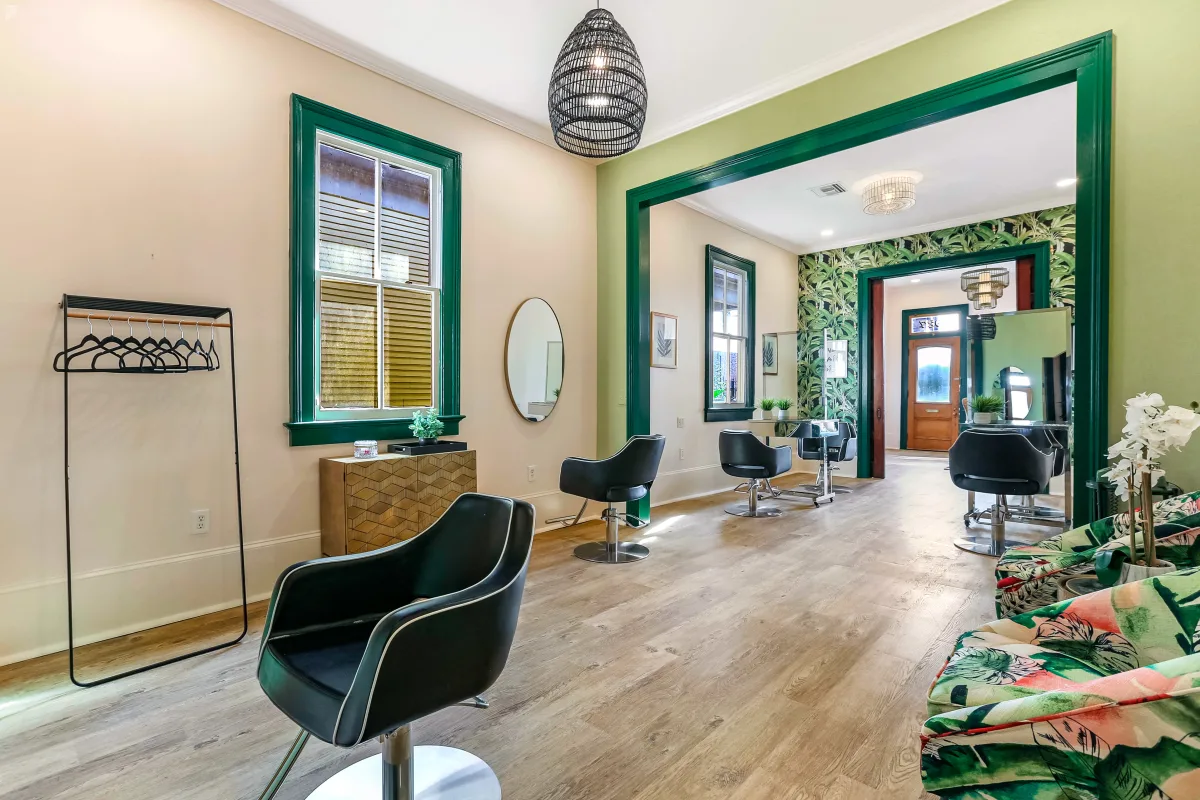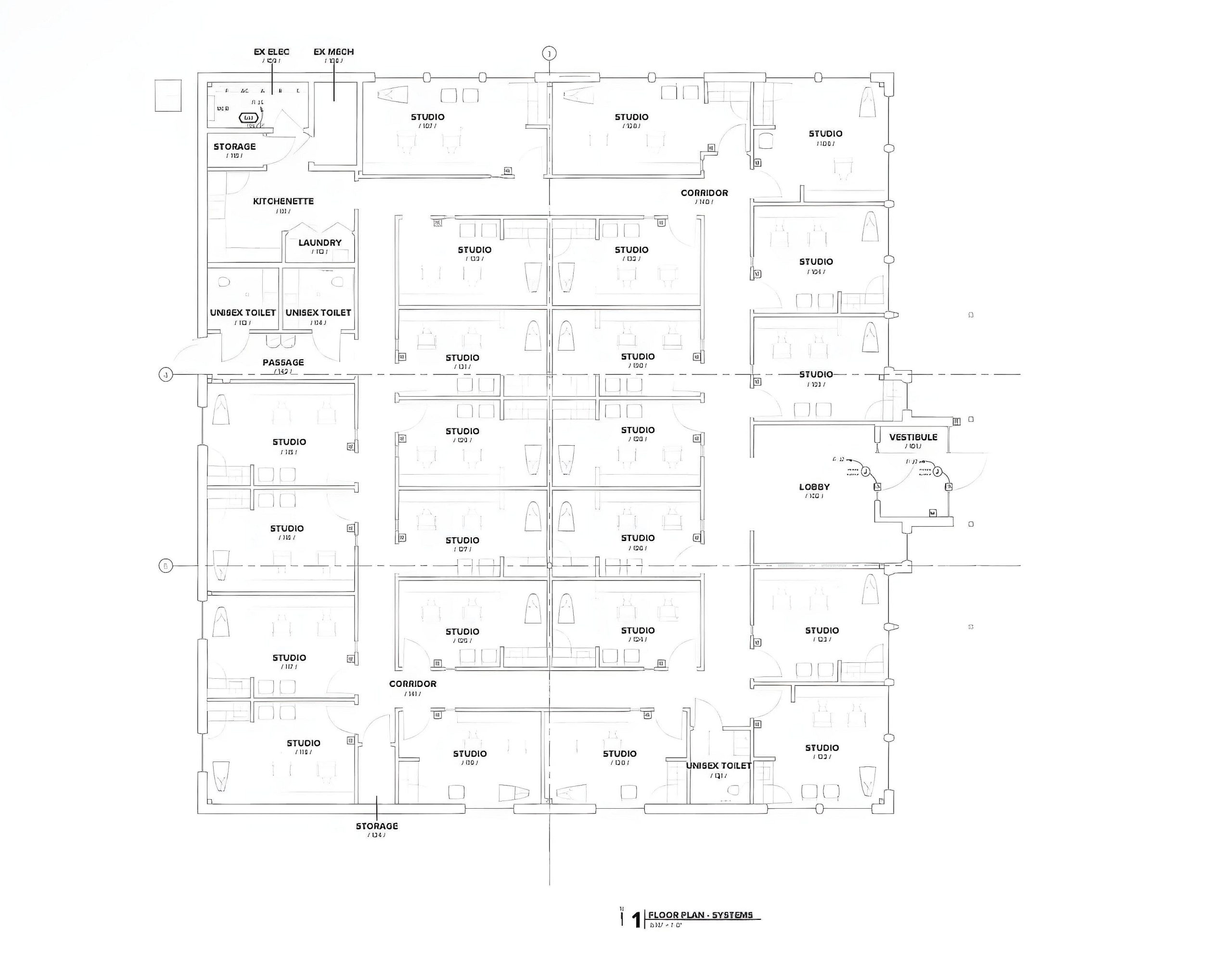Adaptable Booth Rental Alternatives for Appeal Professionals
Adaptable Booth Rental Alternatives for Appeal Professionals
Blog Article
Strategic Choices: Evaluating the Benefit of Renting Out Versus Having a Beauty Parlor Space to Enhance Long-Term Success and Financial Stability
When it concerns developing a beauty salon service, among the vital choices that proprietors need to thoroughly think about is whether to rent out or have the space in which they operate. The option in between renting out and having a salon area can have a considerable effect on the long-lasting success and monetary health and wellness of the company. Factors such as functional flexibility, monetary effects, and investment prospective play a crucial duty in this strategic decision-making procedure. By discovering the benefits and downsides of each alternative, beauty salon owners can make educated choices that straighten with their company goals and aspirations.

Advantages And Disadvantages of Renting Out
When considering the choice between renting a hair salon space or owning one, it is necessary to evaluate the advantages and disadvantages of renting out to make an informed selection. One key benefit of renting out a salon area is the flexibility it supplies. Renting out allows hair salon proprietors to evaluate various places or upscale their organization without the dedication of a long-term mortgage. Additionally, leasing typically involves fewer upfront costs, making it a much more easily accessible choice for brand-new salon owners or those with spending plan restraints.

Financial Variables to Think About

Taking into consideration the monetary ramifications of renting a salon room versus possessing one is vital for making an educated organization choice. When examining the economic aspects, it is crucial to examine the first expenses connected with each choice. Leasing a beauty salon area commonly needs a down payment and monthly rental fee settlements, whereas owning includes a down repayment, home mortgage payments, real estate tax, and maintenance costs.
Furthermore, the long-term monetary ramifications differ in between leasing and having. On the other hand, owning a hair salon room supplies potential equity development and the possibility to construct possessions.
Renting out might provide reduced ahead of time costs, enabling you to allot even more resources to advertising and service growth. Assessing these monetary aspects thoroughly will assist you make a critical choice that maximizes your hair salon's lasting success and monetary feasibility.
Functional Adaptability and Control
Optimal functional performance plays a critical function in figuring out the balance between versatility and control when determining in between renting and owning a hair salon room. Leasing a beauty parlor space offers inherent flexibility as it enables for much easier adjustments to altering market problems, customer choices, or company needs. This flexibility is especially valuable for new beauty salon owners or those wanting to check different areas before devoting lasting. Additionally, renting gives the benefit of not being tied down to a specific residential or commercial property, allowing simpler relocation if required.
On the various other hand, having a beauty parlor area provides a better sense of control over the property and its procedures. Proprietors have the liberty to tailor the space to their preference, carry out long-lasting methods without the danger of lease terminations, and possibly build equity over time. However, ownership also comes with obligations such as building maintenance, insurance coverage, and real estate tax, which can influence the overall financial dedication.
Ultimately, the decision in between leasing and having must take into consideration the preferred level of operational flexibility and control that straightens with the beauty parlor's long-lasting goals and vision.
Investment Potential in Possession
Offered the operational factors to consider talked about previously, checking out the financial investment potential in beauty parlor possession loses light on the economic ramifications and lasting advantages that include having a beauty salon area. Salon possession provides an unique chance for business owners to construct equity and possessions with time. By spending in a beauty parlor space, owners have the possible to profit from property admiration, which can function as a beneficial asset over time. Additionally, owning a beauty parlor provides stability in terms of set home loan settlements, offering predictability in financial preparation contrasted to rising and fall rental prices.
Moreover, possession enables better control over the room, making it possible for owners to customize and tailor the beauty parlor to their certain brand and vision without the restraints commonly imposed by property owners. This level of control can enhance the general client experience and nearest hair cuttery brand name identification, potentially bring about enhanced customer retention and company development.
In regards to investment capacity, possessing a salon room can additionally open opportunities for added revenue streams, such as renting unused room to various other beauty specialists or incorporating retail sales within the hair salon. Barbershop. These varied earnings resources can add to the total financial health and wellness and sustainability of business
Long-Term Security and Growth
With a concentrate on sustainability and development over time, developing long-term stability and promoting growth are essential facets of salon ownership. To guarantee long-lasting stability, hair salon proprietors need to carefully take into consideration variables such as location, market patterns, and monetary planning. Picking between leasing and possessing a beauty salon room plays a significant duty in determining the organization's development capacity.
Renting out a salon area offers versatility and reduced initial prices, allowing owners to allocate sources towards improving services and advertising efforts. Nevertheless, lasting rental expenses can impact profitability and restrict the capability to build equity in the residential or commercial property. On the various other hand, owning a hair salon space provides security with repaired home mortgage settlements and the possibility for building gratitude. By owning the space, hair salon proprietors have more control over customizing the residential property to match their brand and can benefit from long-term possession growth.
Eventually, the choice in between renting out and owning a hair salon space should align with the owner's lasting business goals and monetary purposes. Whether focusing on versatility or equity structure, a critical method to home ownership can dramatically impact the beauty parlor's security and growth trajectory.
Final Thought
In conclusion, the decision between leasing and owning a salon room needs a cautious evaluation of monetary factors, functional versatility, investment possibility, and lasting stability. Both choices feature their very own set of use this link benefits and negative aspects, and it is necessary for hair salon proprietors to weigh these elements check this to enhance long-term success and financial feasibility. Salon suites Belleville Michigan. Inevitably, the choice in between renting and owning must be based upon a complete analysis of private service goals and conditions
Report this page